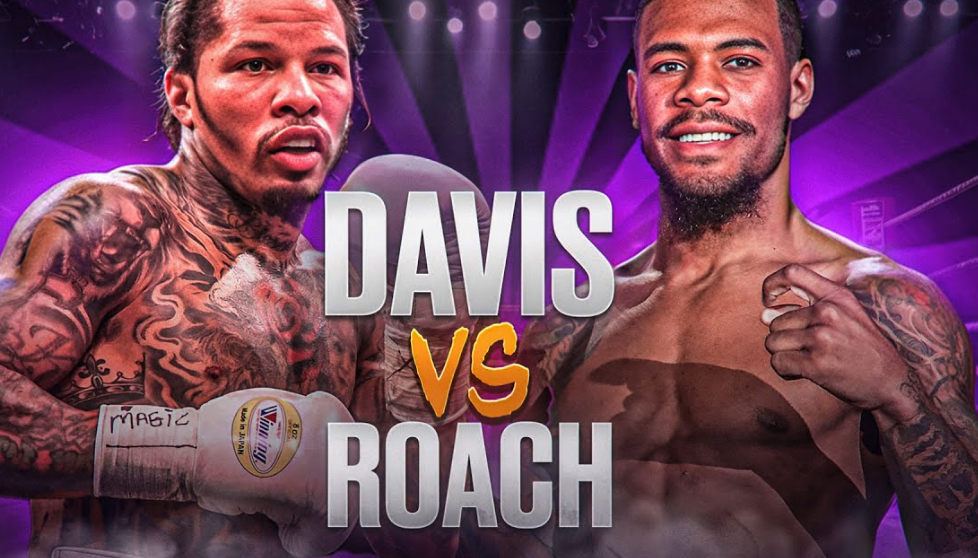GSP Lauds Fury: But Where Does Wilder Win Rank?
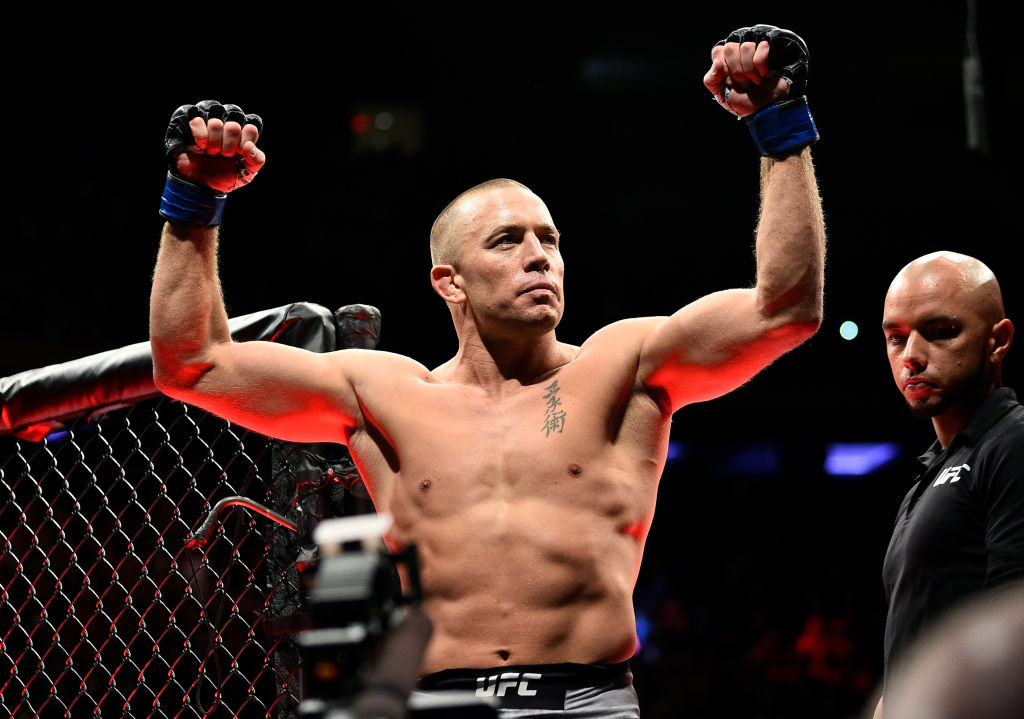
Throughout much of the late 2000s and early 2010s, Georges St-Pierre – known best simply as ‘GSP’ – was the talk of the combat sports world.
GSP ended his career by going unbeaten for six years, and then winning on his cameo comeback. Back in August, he described Tyson Fury’s February win over Deontay Wilder as ‘one of the best performances' from a heavyweight, but is it really up there with the likes of Thrilla in Manila or Norton v Holmes?
Punch value
While Fury’s final knockdown of Wilder will always be one of the sport’s defining moments of the 21st century, it was not as cathartic as some of the other A-list heavyweight bouts of years past. Rather than go for the kill, Fury wore down Wilder through improved footwork and spatial awareness, plugging all the gaps that prevented him from winning the first encounter.
The Rumble in the Jungle is rightly the most cited example of a sudden twist in heavyweight history, with round after round seeing George Foreman dominate Ali in terms of territory, but landing little in return, before the ultimate finish.
Ali’s iconic knockout of Sonny Liston (as Cassius Clay) in 1964 arguably stands in the same tier, as does James ‘Buster’ Douglas’ KO of Mike Tyson in 1990. While Fury wore down Wilder in much the same manner as Ali and Douglas did against their respective opponents, the odds against him in the prelude were far less drastic.
Going the distance
With 12 of his 26 pro MMA wins coming via decision, GSP knows a few things about going the distance. Over his six-year winning streak, expert guidance around successfully placing a bet on a top UFC fighter has evolved, with one of the biggest changes being the heavier consideration of how a fight specifically ends.
In and out of the ring, boxing – and related punditry and betting circles – has gone the same way. Because of this, there is more appreciation than ever for an entertaining spectacle that goes the full distance.
In that respect, Muhammad Ali v Chuck Wepner and Ike Ibeabuchi vs David Tua arguably eclipse the seven-round affair that was Fury v Wilder II. Notably, Ali/Wepner spawned what is now a nearly 50-year old film franchise, while the latter bout produced 1,730 punches across 12 rounds – significantly more per round than Thrilla.
The verdict
The sight of two heavyweights circling around for an opening has been all-too-common in the past, especially with the mutual knowledge that fights can hang on one punch. Thankfully, Wilder v Fury II did not disappoint for knockdowns and ‘flashpoint’ punches, and those that feared it may descend into a tit-for-tat exchange were proven wrong.
Overall, Wilder v Fury II has good grounds for a placement in the top 25 of all-time heavyweight bouts – but little better. Such was the success of this bout, and its predecessor, that a third fight is still one of the most demanded matchups. The second bout would be a hard act to follow, but with Wilder’s record now blemished by defeat, the backstory would be the most intense yet.
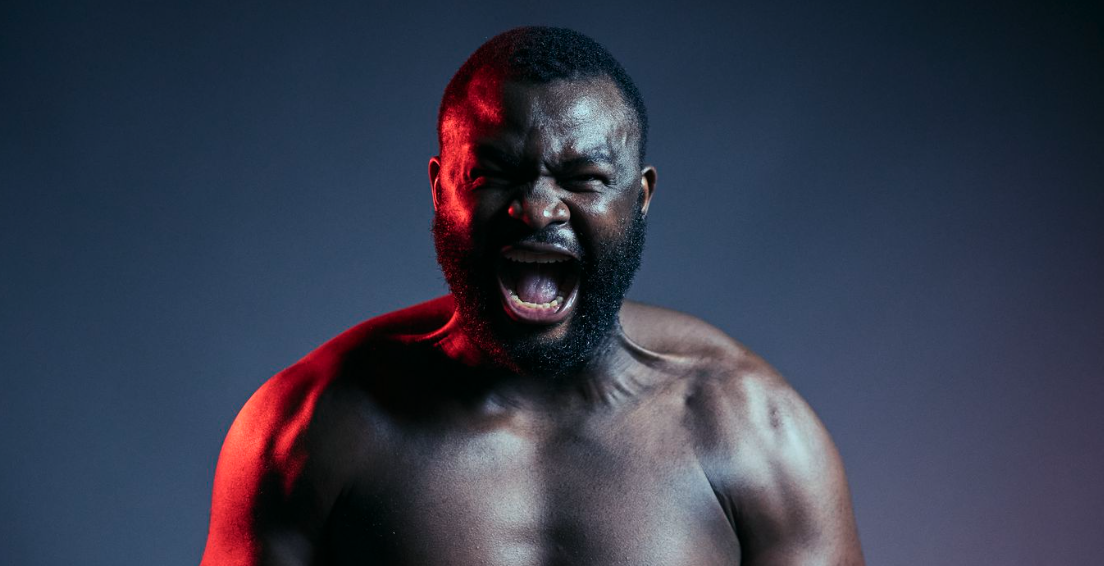
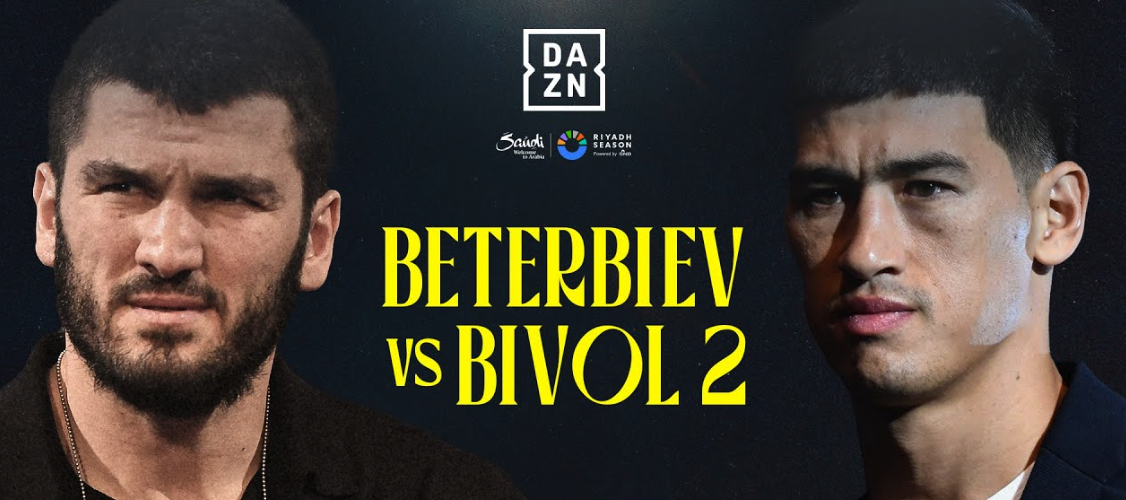
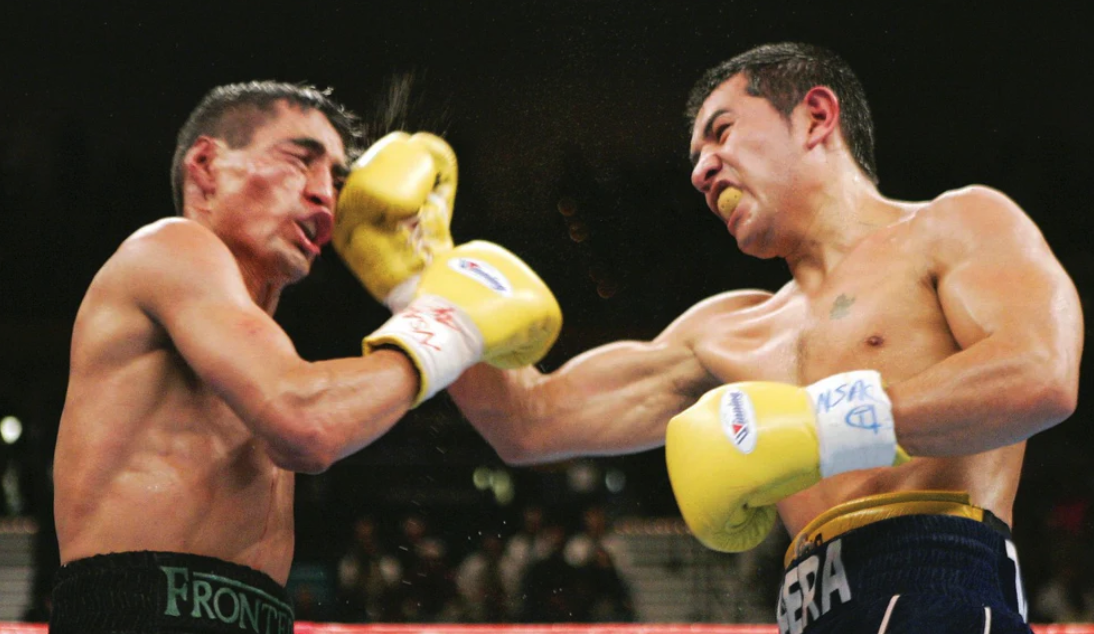
.jpg)
.jpg)
.png)
.jpg)

